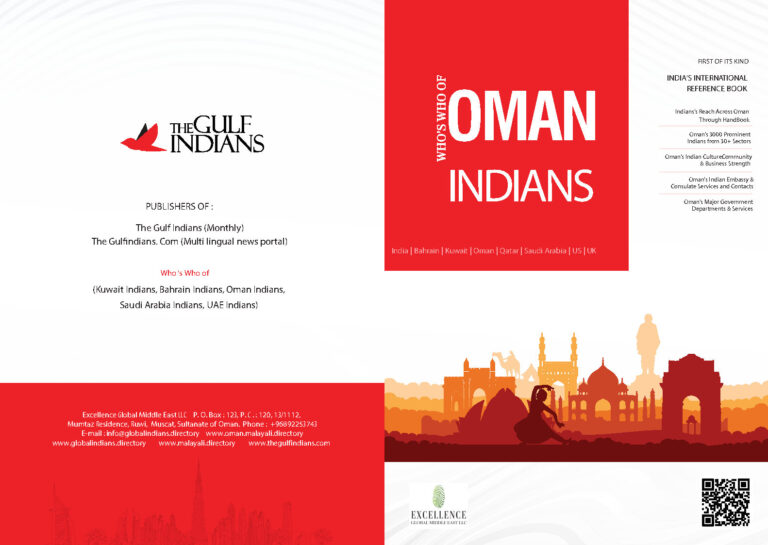MUSCAT : The initiative aims to expand Oman’s non-oil export sector by linking local companies with international markets and streamlining export procedures.
The launch comes as Oman’s non-oil trade volume reaches RO 5.6 billion ($14.6 billion) by the end of the third quarter of 2024, accounting for 37.6% of total trade. Omani exports—including minerals, plastics, food products, metals, textiles, and perfumes—are currently reaching over 130 countries, with key markets in Saudi Arabia, the UAE, India, the U.S., and South Korea.
H.E. Ibtisam bint Ahmed Al Farooji, Undersecretary for Investment Promotion at MoCIIP, emphasized that “Oman Exports” represents a strategic shift in supporting national exports by helping businesses—particularly small and medium enterprises (SMEs)—expand globally.
Statistics show that exporting can increase company profits by up to 26%, especially in emerging markets expected to drive 65% of global GDP growth by 2035. The initiative also leverages digital technology to enhance international trade efficiency, reduce transport costs, and streamline supply chains.
Lubna bint Mohammed Al Harthi, Director of the Export Development Department at MoCIIP, highlighted that the platform will help businesses navigate licensing, logistics, and market entry challenges.
According to her, the interactive map on the platform provides real-time data on shipping routes and trade insights, giving exporters a clearer perspective on target markets.
Eng. Salem bin Nasser Al Bartamani, CEO of Areej Vegetable Oils and Derivatives Company, praised the initiative, calling it a crucial tool for exporters.
He emphasizes that this platform simplifies licensing and export procedures, allowing Omani products to compete more effectively in international markets while discovering new trade opportunities.
The “Oman Exports” initiative aligns with Oman Vision 2040 by enhancing economic diversification, strengthening supply chains, and improving Oman’s global trade presence.












